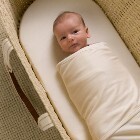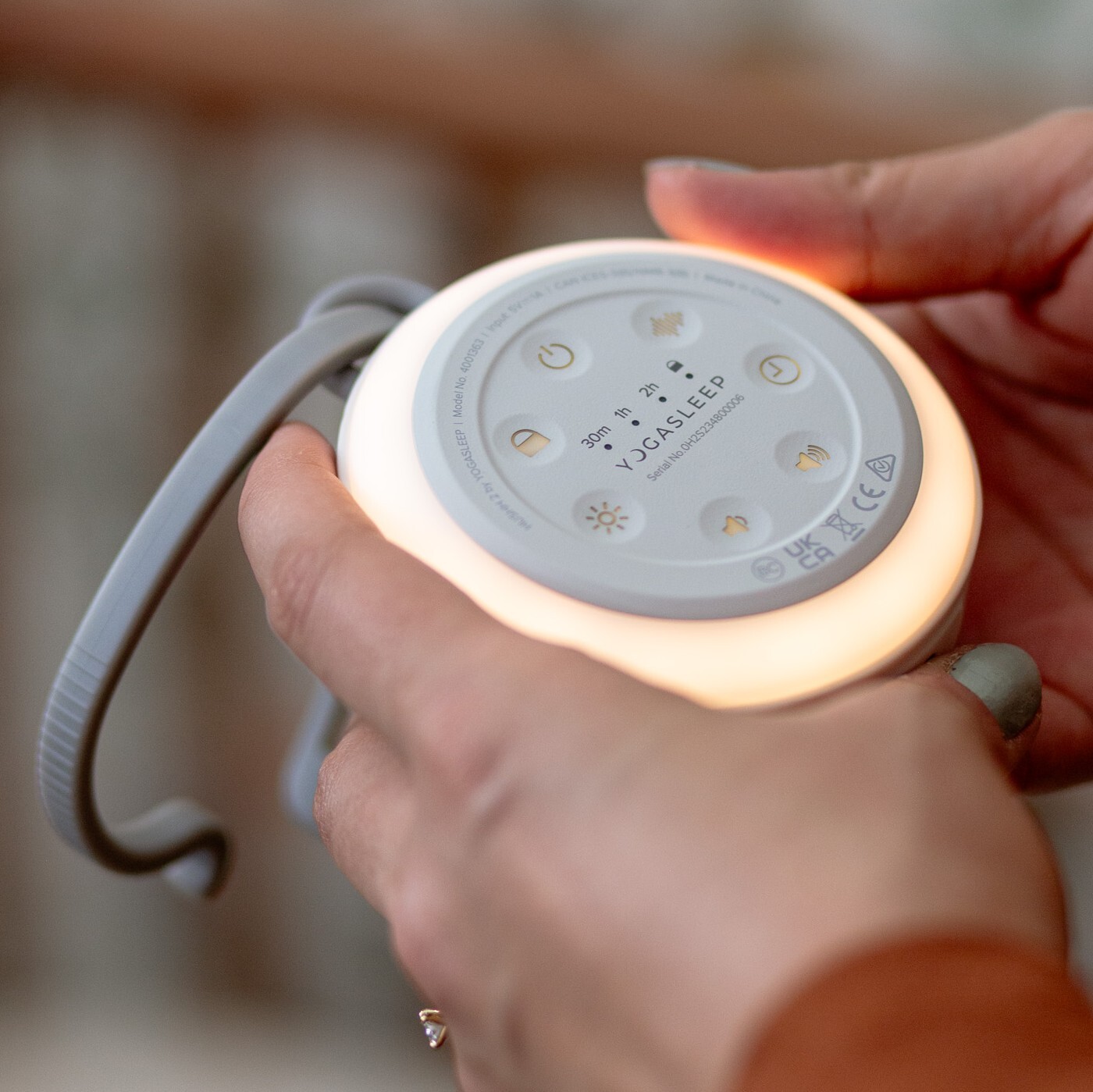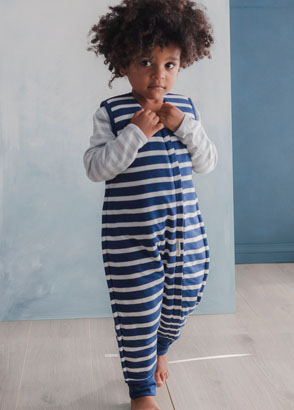Bed wetting or nocturnal enuresis is the condition where the child or person has involuntary urination during sleep. This can be very common in children of age seven and below. It can also still occur in adults, who experienced the same condition when they were children. Most doctors agree that children will outgrow nocturnal enuresis as they get older.
Based on cases of bedwetting, only 20% of children wet bed at the age of five and this percentage is decreased by 2-10% by age thereafter. Only 10-15% of children at age 5 have bedwetting problems.
There are two types of nocturnal enuresis.
-
Primary enuresis – when a child has not yet stayed dry on a regular basis, beyond the age that most people have night time control.
-
Secondary enuresis – when someone reverts to bed wetting; that is, when a child starts wetting the bed after being able to stay dry through the night for an extended period, around six months.
The causes of nocturnal enuresis can be many and varied.
-
Genetic – Primary Nocturnal Enuresis (PNE) is often inherited. If both parents were bed-wetters, 77% of their children will be. If one parent was a bed-wetter, there is a 44% chance that the child will be. If neither parent had a problem, there is only a 15% chance that the child will wet the bed beyond the age at which most have night time control.
-
Hormones – As children get older they produce the antidiuretic hormone (ADH), vasopressin. This inhibits night time urine production. The absence of this hormone vasopressin or lower -than-average levels of production may result in wet sheets in the morning.
-
Neurological and developmental delay – the message doesn’t get back to the brain that the bladder is full, the waking response to a full bladder is not fully developed, and as a result the child has no conscious control over bed wetting. Children need to develop voluntary bladder control even when asleep. A certain stage of physical maturity must be reached for this to take place and it happens at different times for different children.
-
A small bladder - the bladder can't hold the amount of urine produced when asleep. Some children produce more urine than average overnight.
-
Bladder instability – the bladder may be twitchy or "overactive,” and empties before it is full. Children with this condition tend to urinate frequently in small amounts during the day.
-
Stress - Emotional well-being is a concern. Bed wetting can increase in frequency during times of stress.
Despite there being evidence that these are the most common reasons for bedwetting, there is no test available that would determine whether bedwetting is caused by genetics or developmental delays in the child. There are other proven causes of the condition such as disease – urinary tract infections (UTI), physical abnormalities – abnormal urethral valves and urethra, spinal chord abnormalities, insufficient ADH production, and psychological reasons to name a few. Consult your doctor if your child is experiencing bedwetting after the age where they are expected to stay dry at night.
As a parent you would worry about bedwetting if it became a prolonged problem. It pays to keep the following in mind; Children will develop differently from each other – they don’t all walk, talk, learn to run at the same time and bedwetting is another stage that comes with time and understanding. It is common for them to still wet their beds until the age of seven. Your patience and positive attitude and understanding will help your child more than the anger and frustration you feel and the reprimand they receive.
Some statistics can be useful to bear in mind and help you decide if your child does have an enuresis problem.
-
Commonly, a child develops the skill of bladder control at the age of 1 to 2 years and begins to be more aware when their bladder is full.
-
Children of 2 to 3 years of age start staying dry all throughout the day. These children are able to express themselves in saying that they want to urinate. More than half of the ratio of boys and girls bedwetting is boys.
-
Girls are more likely to stay dry when asleep at age 6 while boys stay dry at a later age of 7.
Bedwetting can be very stressful for a child (and parent alike) and can have a tremendous effect on their self-esteem if not handled correctly. Parents should be able to handle the situation smartly and get the knowledge to best face the situation. Doctors would be a great source of information and medical journals. Before taking any steps, be sure you know what you are faced with, if it is a child phase or if you really need medical attention for your child. And most of all remember to make it as stress and hassle free for all concerned. Talk about the problem and work on solutions together.
Information supplied by Brolly Sheets.




















